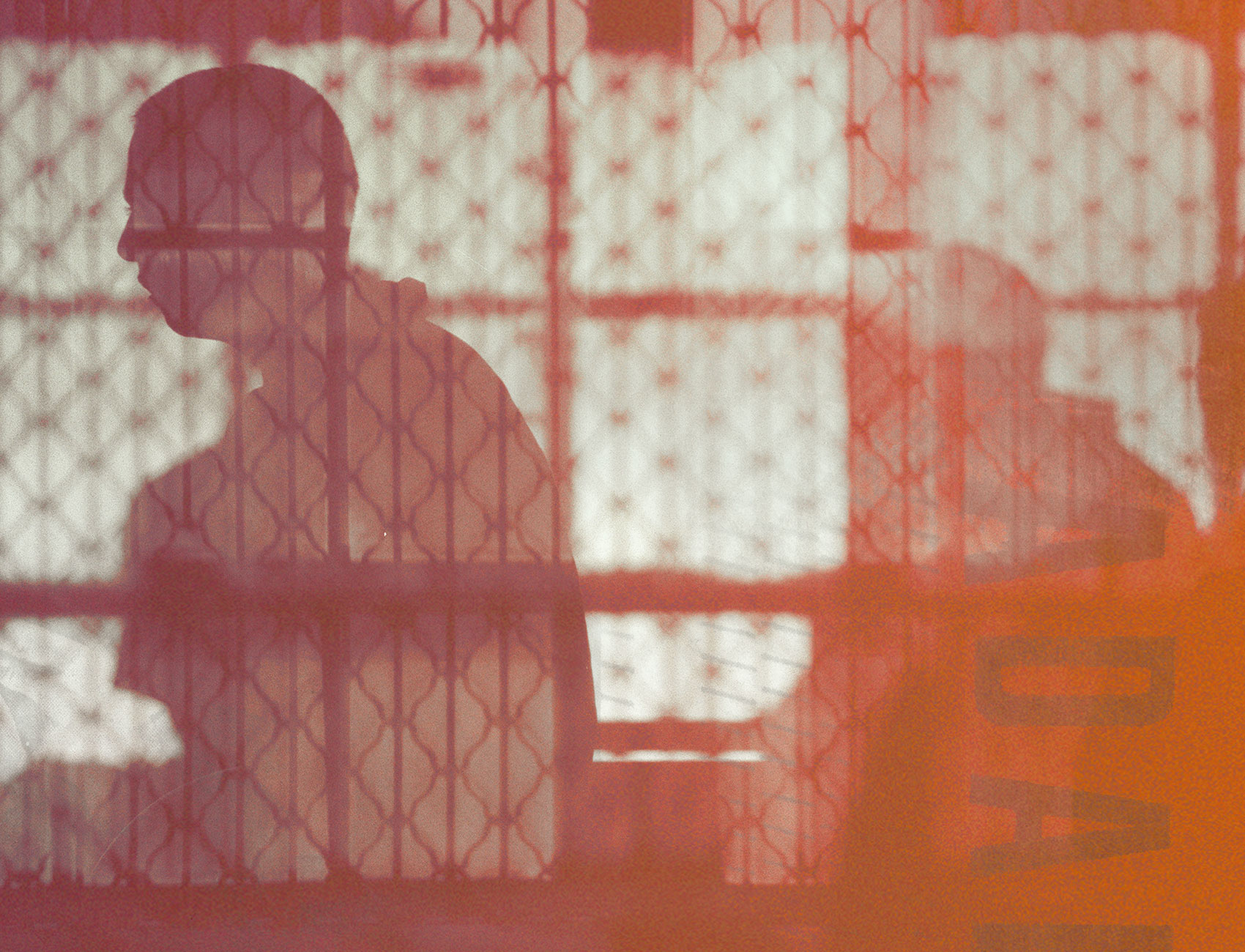Pretrial Reform Must Go Beyond Ending Cash Bail
As a society, we can’t continue to subject hundreds of thousands of people to the trauma of incarceration before they face a jury of their peers.

This piece is a commentary, part of The Appeal’s collection of opinion and analysis on important issues and actors in the criminal legal system.
The U.S. legal system is built on the foundational principle that people are innocent until proven guilty. Yet across the nation right now, there are nearly 500,000 people in local jails who have not been convicted, roughly 50,000 of which are in California. For these individuals, punishment comes before they get their day in court: Pretrial detention is linked to higher conviction rates, longer and harsher sentences, and a greater likelihood of future justice system contact. Incarceration can mean lost employment, housing, or parental custody during detention, as well as strained interpersonal relationships and trust among their community. And these negative consequences disproportionately affect people of color, who are particularly likely to be held in custody, regardless of the merits of their cases.
In recent years, a national movement for bail reform has gathered momentum, based on the understanding that this unjust system of pretrial detention has kept the wheels of mass incarceration spinning, while only exacerbating issues of crime. In California, Senate Bill 10, the subject of a statewide referendum this November, was born from a specific focus on ending cash bail. This is indeed a necessary step in meaningful reform, as the median bail amount for felonies in California ($50,000) is equivalent to more than three years’ income for the typical criminal defendant. Cash bail creates a two-tiered system of pretrial justice where poorer folks are forced to remain in jail and wealthier people can simply buy their freedom.
But SB 10 has its own issues to contend with, mainly in its implementation of risk assessment tools (RATs) as a replacement for cash bail. RATs are actuarial algorithms that compare details of a person’s past to historical data to predict whether they will miss court dates or commit a crime if released pretrial. Although these may sound like a practical alternative to the wealth-based system of pretrial justice, RATs actually perpetuate the systemic racism that drives mass incarceration.
That’s because the criminal punishment bureaucracy has been steadily weighted against people of color, leading to a reality in which they are more likely to be arrested, prosecuted, convicted, and sentenced to harsher punishments than their white counterparts. By relying on data grounded in these disparate outcomes, RATs produce severely distorted results that are neither reliable nor neutral. In fact, evidence shows that RAT scores are weakly correlated with pretrial rearrest rates. Moreover, it is morally wrong to condition an individual’s freedom on an algorithm that tries to predict free will.
SB 10 has rightly been the center of the pretrial reform discussion in California, but there are alternatives that can help decrease the pretrial population and, in turn, create a more fair and just criminal justice system. Our municipalities could commit greater funding to public defender offices, for example, so a defendant’s right to a speedy trial isn’t hindered by a lack of resources. They could also implement simple redesigns of forms and court date reminder systems, which have shown to be effective at bringing defendants back to court—which is, after all, the chief objective of bail.
But there’s also a simpler, more immediate avenue to pretrial detention reform: Los Angeles District Attorney Jackie Lacey could decide tomorrow to stop demanding cash bail in cases, or stop pushing back against community groups that step in to pay bail fees. She could stop fighting a failed drug war, or shift resources to rehabilitation instead of needlessly pursuing the death penalty during a statewide moratorium. However, given Lacey’s track record, it is unlikely that she will independently take the reins on reform.
The presumption of innocence is meaningful. As a society, we can’t continue to subject hundreds of thousands of people to the trauma of incarceration before they face a jury of their peers. The current system is harmful and morally wrong. Ending cash bail is certainly a good and necessary step toward decreasing the enormous population of pretrial detainees in Los Angeles and across the state and nation, but it is not enough. It is hard to determine what is “good enough” to constitute meaningful reform, but if we look at cash bail as the only issue, then we are bound to miss the forest for the trees.
Andy Philipson is a J.D. candidate in his second year at UCLA School of Law.
